
South Sudan’s YALI fellows vow to use handy skills to make a change
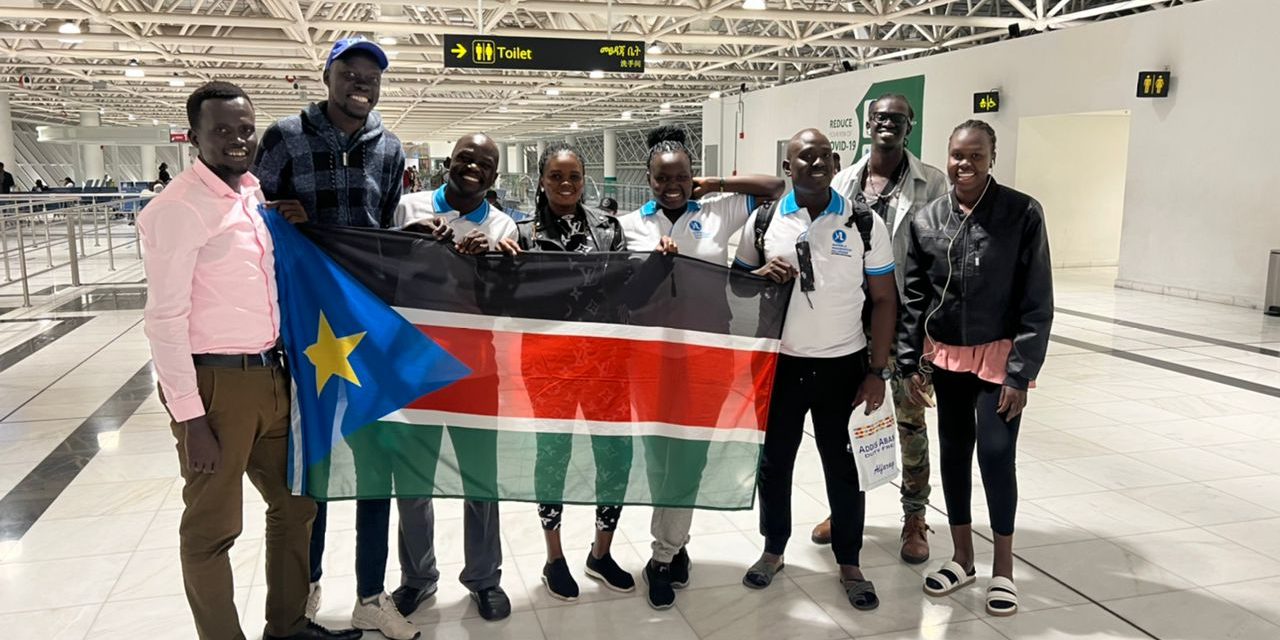
The high rate of inter-communal killings, cattle theft, school dropouts, forced marriages and high bride price or dowry are just some of the issues some of the 2022 Mandela Washington fellows say they want to tackle in their communities.
Some Young African Leaders Initiative – YALI fellows on the 2022 Mandela Washington Fellowship from South Sudan say they would like to use the knowledge and skills they’ve learned in the US to positively impact the lives of people in their communities and organizations.
Some, like James Mawien, a public information assistant with the United Nations Mission in South Sudan or UNMISS at the Rumbek Field office, plan to strengthen his advocacy through his organization, Citizens’ Eye for Transparency and Accountability or CETA, a nonprofit he created to advocate for transparency, freedom of the press, and resolution of inter-communal conflicts among other issues.
Mawien says he also wants to fight against the age-old tradition of expensive dowry charged for a bride in his community.
‘We have to talk to communities in the country to ensure that they come with a limit, it has to come from them, and then they’ve got to involve the government so that the government can come up with rules that can regulate marriage processes in the country.”
“I see that it’s encouraging early and forced marriages, cattle raiding, cattle rustling, (and) cattle theft,” Mawien added worriedly.
Paying dowries has been and still is a requirement in South Sudanese cultures before a man and woman can formally become husband and wife.
But Mawien who attended his fellowship at Indiana University, says even if bride price is a cultural norm, it’s high time communities evaluated the impact of high bride prices on young people, especially on girls who are forced into marriage to much older men.
He notes the practice also causes cattle raids since young men cannot afford to pay a dowry.
“The issues of insecurity, inter-communal conflict are so many, most of which are related to cattle raiding, revenge killings, cattle theft which have to be taken care of. And also moving from one place to another, too much hatred, community members do not trust each other, and tribes don’t trust each other, so it’s very important to build reconciliation among people so that we come back as South Sudanese for us to grow. We didn’t fight for the country to kill ourselves, we fought for the country to live peacefully and also to develop for generations to come,” Mawien said.
According to a 2021 UNICEF report on South Sudan, 2.8 million children were out of school, a significant increase from the 2.2 million reported in 2016.
Lubang Alex Charles has learned many lessons while attending the University of Colorado during his time in Denver which he says will help him achieve his goal to keep some of the girls in his community in school.
“The largest group of these out-of-school children are girls in poverty, child marriage, cultural and religious views, are all factors hindering girl’s education.”
“It’s putting their future at risk and also the future of this country,” Charles added.
Josephine Amuna, who underwent six weeks of training in leadership in civic engagement at the University of Delaware, and is now an intern with Plan International USA in Washington, founded SaiduBit Foundation, a South Sudanese NGO focused on educating girls and women about health issues.
She hopes to open a vocational training center for women to make reusable sanitary towels.
“When I was applying for this fellowship, I wanted to come and learn how to make reusable sanitary towels and then go back home and teach them how to make it themselves. I am going to teach women, I think I am going to open a vocational training center that’s going to teach women how to make reusable sanitary towels.”
Amuna also wants to create jobs for women so they can become independent.
“Sometimes in this life, we end up depending on men, we feel like men can be a security to us or rather a provider to all of us but we are all human beings, we work and get tired sometimes working.”
“It’s good to know yourself and by the time you get to know yourself, you will know what you are passionate about, you will know what you have to do and once you know what you would love to do, you become independent, once you become independent, you become powerful,” Amuna said.
The Young African Leaders Initiative began in 2010 by President Barack Obama and is administered by the US Department of State. The program brings ten young leaders from South Sudan every year to learn in institutions of higher education in the United States and network with American communities to acquire transferable skills they can apply in their communities and organizations when they return home.

















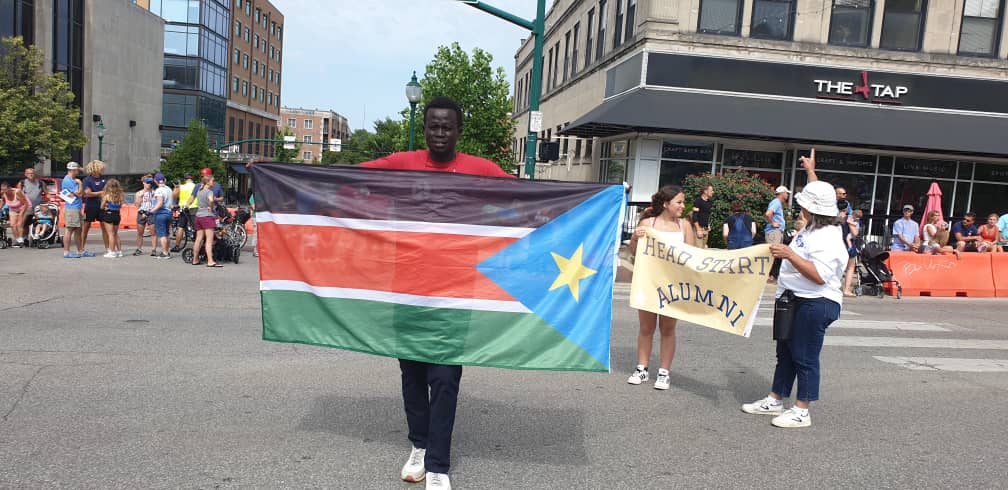
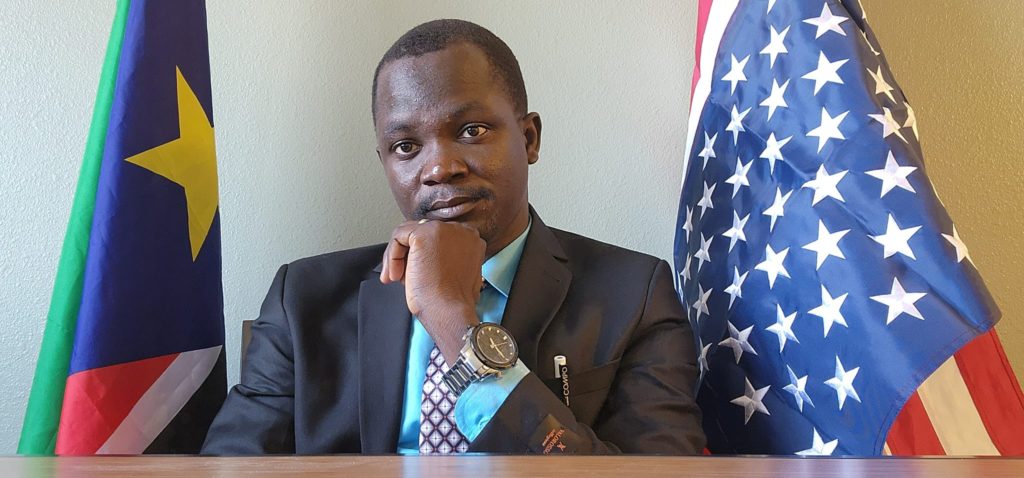
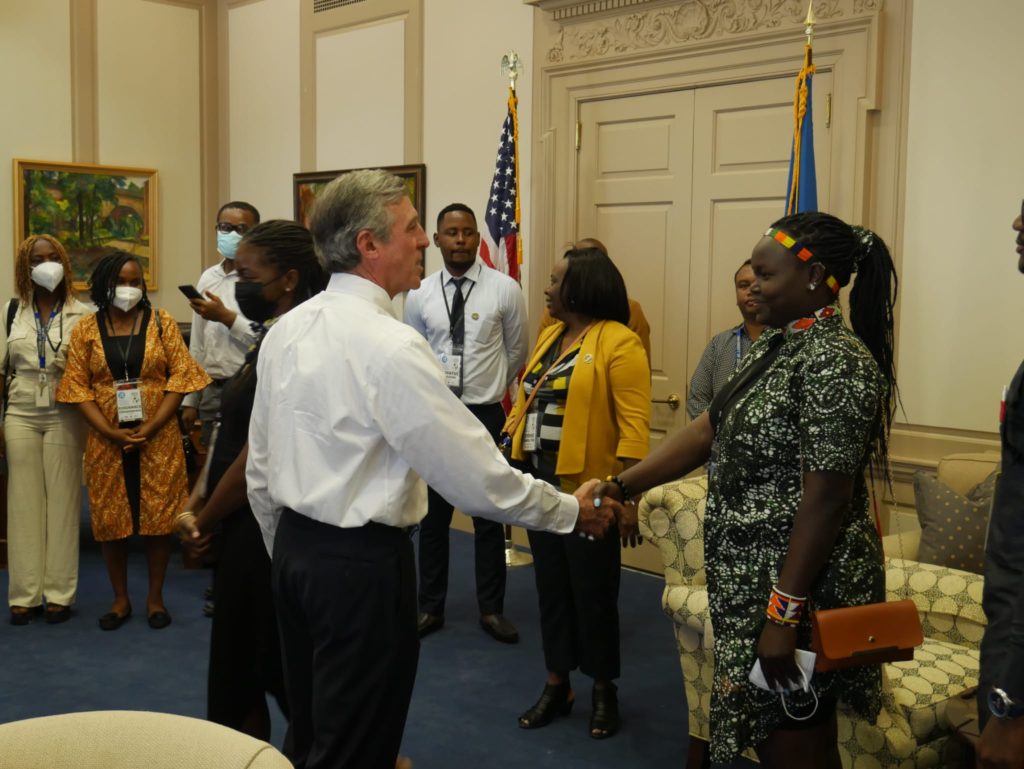
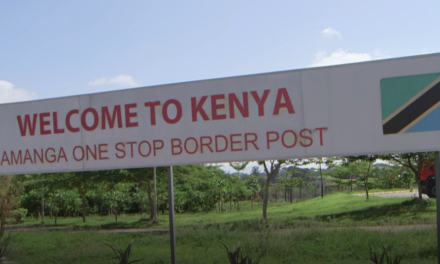
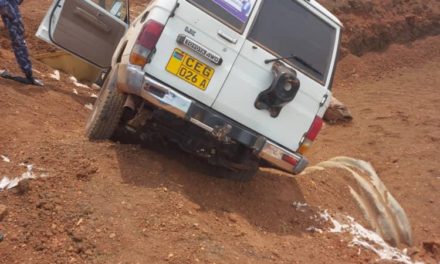
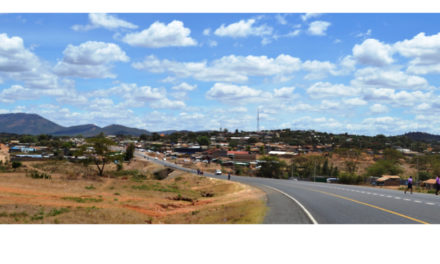
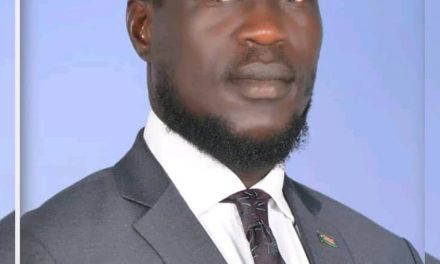
Recent Comments